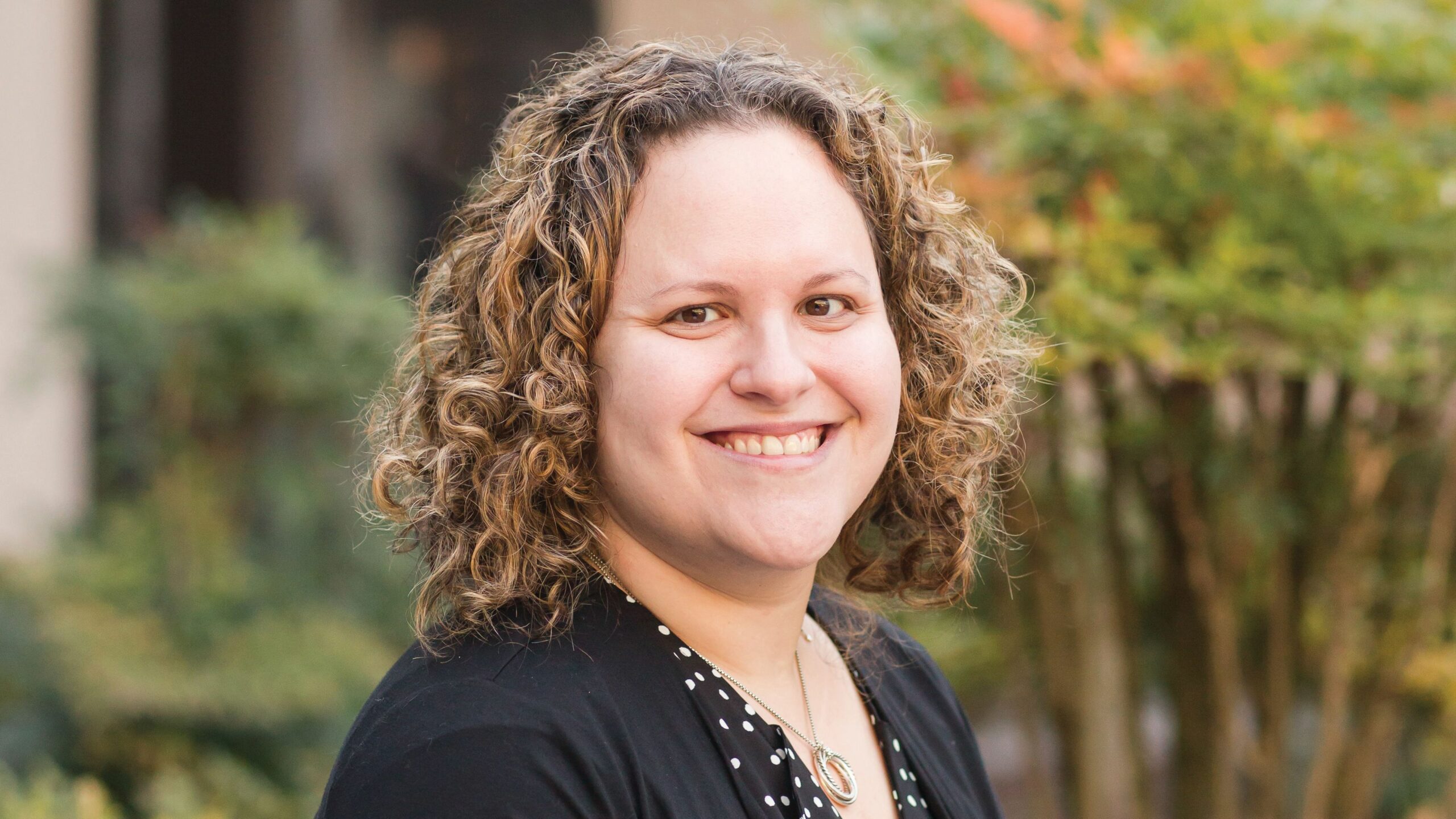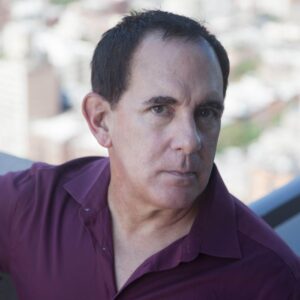An Interview with Kat Mische Elle
Jennifer, what is your career?
I am an employee benefits lawyer. I specialize in all the laws relating to health and welfare benefit plans. I work with the Affordable Care Act, HIPAA, and all the tax rules that go into that.
I stopped practicing law 8 years ago when I co-founded the company, I run today called MZQ consulting. We are an employee benefits compliance firm. The company helps employers nationwide when they are structuring their benefit programs to ensure that those plans are compliant.
We started and still specialize in doing the tax reporting required under the Affordable Care Act. But now, we also do a lot of work around mental health parity laws, as well as the rules and regulations.
How did you find yourself in this line of work?
I knew that I wanted to be a lawyer professionally when as a child, I saw a show about the Supreme Court, and they looked like superheroes to me. I’ve always loved words and the process of rules when they helped people.
While I was in a big legal career, I was also really sick quite often. I had all sorts of medical issues from a young age, from infectious diseases to severe pain. I was diagnosed with fibromyalgia at nineteen. The doctors were hoping to put me in a category and find a possible treatment plan. Then, I had difficult and dangerous pregnancies in my mid-20s.
I never understood why, and the doctors could not give a reason. I was just this odd medical case of things not being quite right from birth. And my body was still not showing up as I wanted it to while I founded my company in 2015 at the age of 33.
I had this little secret habit of reading medical journals late at night, trying to figure out what was wrong with me. I had so many doctors, but they could never find an answer for me, so reading the journals kept me from feeling defeated.
One day, I found this genetic condition that I read about, and I realized that it sounded a lot like what I had and have always been going through. I thought, “Okay, maybe I found it.” I searched for a doctor who could see me after I called Johns Hopkins and the University of Maryland and couldn’t get anywhere. I went to a medical concierge service, who could only book me for an appointment two years out with a doctor who specialized in what I was suffering from.
I shared my discoveries with my close friends, one of whom is a neurologist at Hopkins. She was a member of a Facebook group for physician moms. She told me that she saw a physician who had posted that she was starting clinical practice in the disease I strongly suspected I had.
We quickly facilitated an introduction with Dr. Zingman for the first time in August of 2019. She confirmed my suspicions that I did have the condition that I thought it was, which at the time, even a couple of years ago, was thought to be very rare.
However, medical research and literature suggest that it is much less rare than we originally thought. Dr. Zingman diagnosed me with Ehlers Danlos Syndrome. It’s a genetic condition affecting all my body’s connective tissue. That’s why I was experiencing so many different things going on in different ways all over my body for so many untraceable and unfollowable ways over the years.
This was the reason we, (the countless doctors I had worked with) could never quite put all the puzzle pieces together.
So, you couldn’t follow the map of random ailments in your body because it was your whole body firing off imbalances at different times and places, but it was stemming from one source?
Yes.
Connective tissue runs through every system of our body. The challenge was finding the answers I needed all my life. It was difficult because medicine and medical practices are compartmentalized.
You have a dermatologist or a cardiologist, or maybe an orthopedist, all involved in a different system of the body. But when there’s an issue with the body’s connective tissues, everything throughout the body seems slightly off. And there doesn’t seem to be one particular area to start for diagnosis. An orthopedist has told me, “These bones don’t look like they line up quite right, but it doesn’t look like much of anything to me.” The dermatologist said, “Your skin looks a little irritated, but you know, it’s not psoriasis, it’s not eczema.” And then sent me on my way.
The medical system isn’t set up to connect or to communicate well with each other about a single patient. So, putting clues together and diagnosing a connective tissue disorder can be lost along the way. After I was finally diagnosed in August of 2019, I was able to start my medical journey.
A thirty-seven-year life span is a long time to go with an undiagnosed genetic disorder. It had been hard to maintain a successful career with a significant medical issue, but this process led me to have a light bulb moment. I realized that I had gone into the health insurance field because of the personal journey I was on, but I did not realize it until years later into my career.
What was your mindset in life as you strived for your career success, with or without these medical challenges?
Foundationally, I’ve always been about helping people. I don’t remember a time in my life when I wasn’t certain of who I was or what my family stood for.
I’m inspired by being there for other people and helping them use their innate talents to make the world a better place in whatever way that needs to be.
When we started to build the company to do Affordable Care Act (ACA) reporting, (ACA reporting ensures that employers and health insurance insurers report health coverage information to the IRS and furnish statements to employees annually) it was indicative that our goal was to help the Human Resources departments complete the required tasks to implement the ACA, but was not prepared to handle all the regulations.
We built our company on the foundation of helping people, and that has been our mantra internally ever since.
Can you share the spectrum of the physical challenges you were enduring while you were simultaneously creating your company?
As a child, I was sick quite often. I was in a lot of pain, and I never felt right. To grow up in a body that was frequently like this, the severe pain and discomforts almost fade out as background noise. I suffered from unstable joints as a child, and no one knew what was happening.
I constantly had headaches and stomach aches to the point where adults thought I was a hypochondriac. And honestly, I don’t blame them. It wasn’t normal for a kid to be sick and uncomfortable all of the time. In high school, my health situation got worse. I found a way to escape my body for periods, diving into my academics. I had an idyllic childhood and fantastic family life, and I enjoyed school. Even though I didn’t feel well a lot of the time.
When I left for college and then ultimately law school, my pain became once again another level worse. My symptoms began to deteriorate my body, but I committed deeper to my studies and focused on my future.
By the time I had started the company, I had multiple hospital admissions where at one point, I almost died. I suffered from an intractable migraine and a spinal fluid leak from a spinal tap. I experienced crazy medical trauma story after story.
And this was just sort of all that I ever knew for what it meant to be alive.
“I learned that if you look around with the right lens, you’ll see many people do extraordinary things daily. The whole world around me inspires me.“
I suffered from tremendous amounts of medical gaslighting. I witnessed that in modern medicine when they do not understand the medical challenge in front of them, particularly for women, you become accused of your complaints being in your head. It was not in my head, nor some neurological deficit in how I perceived pain. I went through countless doctors who disregarded symptoms without a clinical answer or quantitative reasoning to prove my complaints. And therefore, that meant that there was nothing wrong with me. With a lot of work, I have put together a team of people who have helped to reduce and stabilize the pain in my body, but I am never without it. It just has moments of becoming a little quieter. In treating the connective tissues, there is a Triple Triad of disease states that we are working through. First, there is a muscular skeletal component of it. This is when our joints and ligaments are not stable. My joints slide in and out of place, making it challenging to walk and move about freely. Then, my muscles try so hard to hold everything together that they go into severe spasms, and this is where the pain comes from. Second, there is an aspect called dysautonomia, which is your body’s inability to regulate the autonomic nervous system effectively. Heart rate and breathing cause dizziness and all the vagus nerve associations you have; my body is not good at regulating itself. The third piece is something called mast cell activation syndrome. Our mast cells are the first responders in our body. They’re the ones who tell our bodies to go ahead and react and trigger the immune system to protect itself. When the mast cells are imbalanced, they can be over-excitable and decide that they’re going to tell your body that it’s in crisis when it isn’t. This is what is called a cytokine storm. I started using a wheelchair in early 2020. I unequivocally pushed myself too long before I took advantage of assistive devices. I took a lot of pride that I could do my life without using them and I wanted to avoid societal pressure. With this diagnosis, many medical resources have been involved to maintain a baseline from where my body lives. There is no cure for it. It is an expensive condition to have. I have had to spend out of pocket to do the things I need to take care of myself. But many people don’t have those resources. Because the medical profession does not understand the extensive details about it, the many things needed to maintain a ‘normal’ life are not covered by insurance. Something more must be done to help people for whatever they are suffering.
Are you a part of lobbying for more recognition of challenging medical conditions?
I started a foundation in 2020 called Ehlers Danlos Syndrome Research Foundation. I co-founded it with the physician who diagnosed me and who became a good friend. We have a terrific executive board of leaders who are influenced by the condition, and we have some of the world’s top physicians. We raise money to facilitate research and provide education specifically.
Who inspired your motivation to keep going?
My parents. Growing up and watching them and their devotion to taking care of people and giving back to the community set the tone for my life. They showed me the goodness in people. I learned that if you look around with the right lens, you’ll see many people do extraordinary things daily. The whole world around me inspires me. I have had to learn to give myself grace over time. My methodology used to be that I just needed to push through.
As I’ve gotten a little bit older and a bit wiser, I take better care of myself, and that care started with becoming much kinder to myself. Part of that kindness is also allowing myself to have my professional career and to put a lot of my energy into helping others. It allows me to define myself as something much bigger than the physical challenges I face.
What is the best way for people to learn more about what you are up currently creating?
Instagram: @ehlersdanlosresearch | www.mzqconsulting.com





